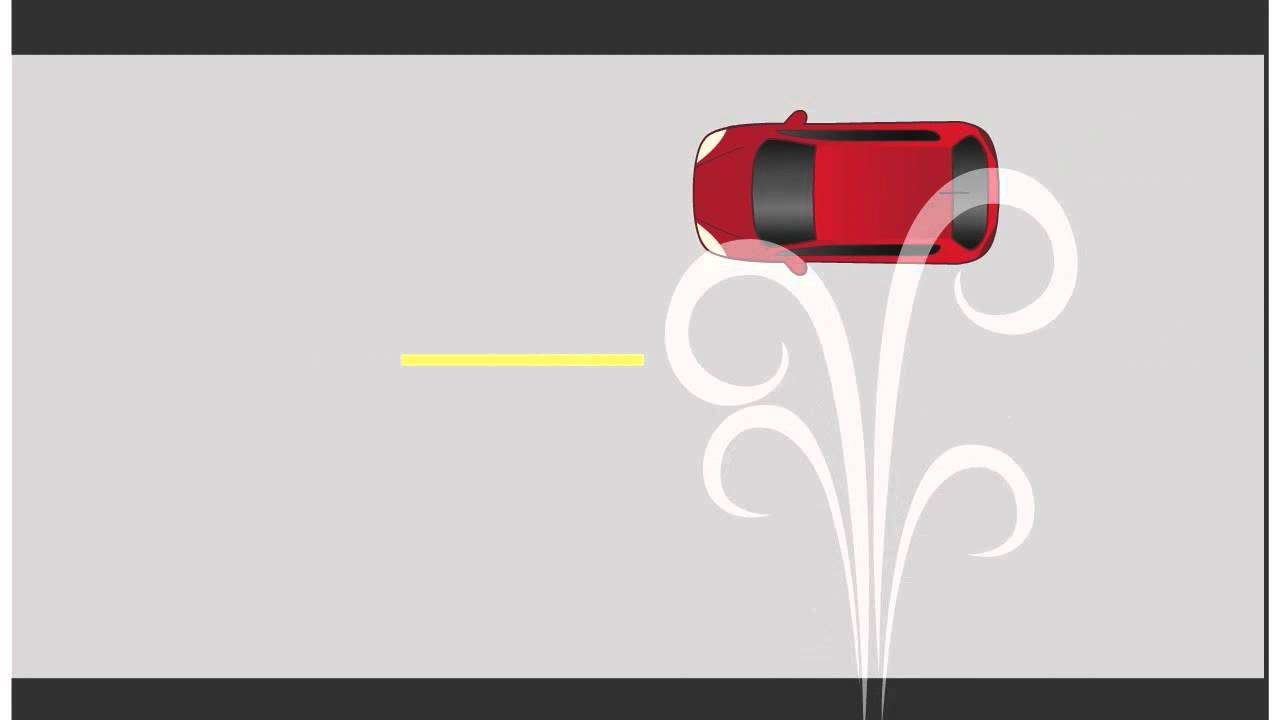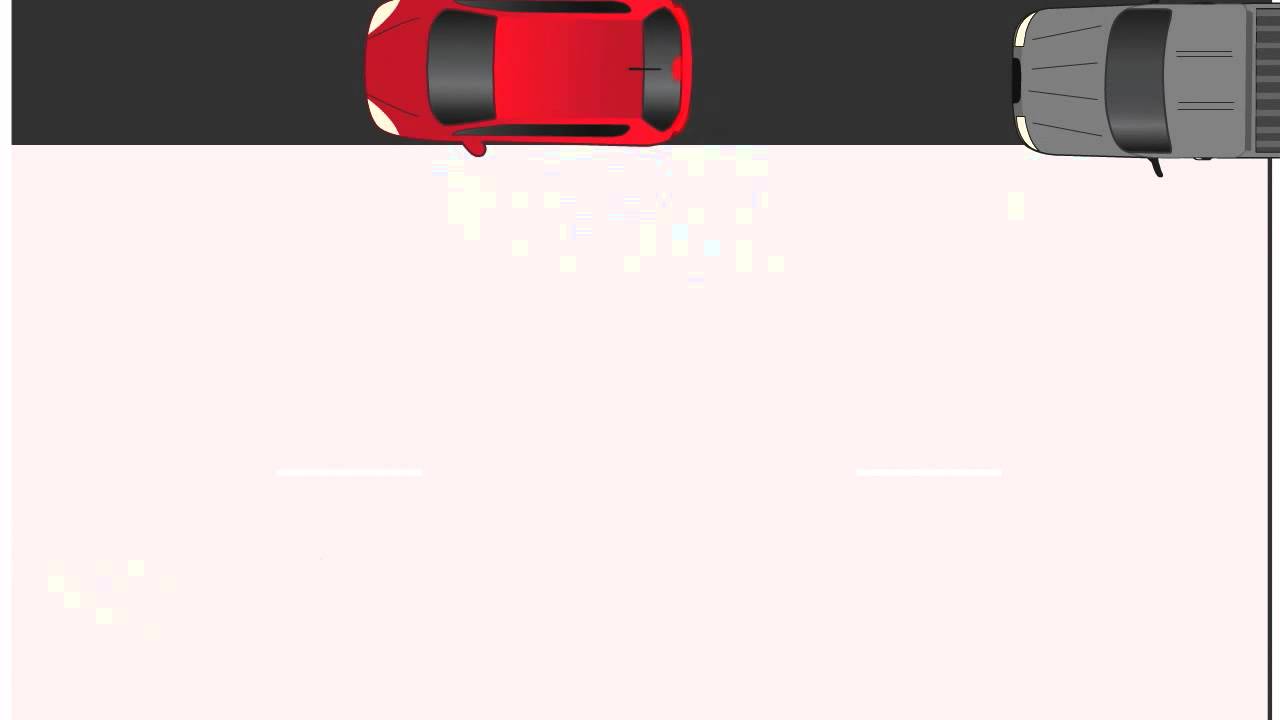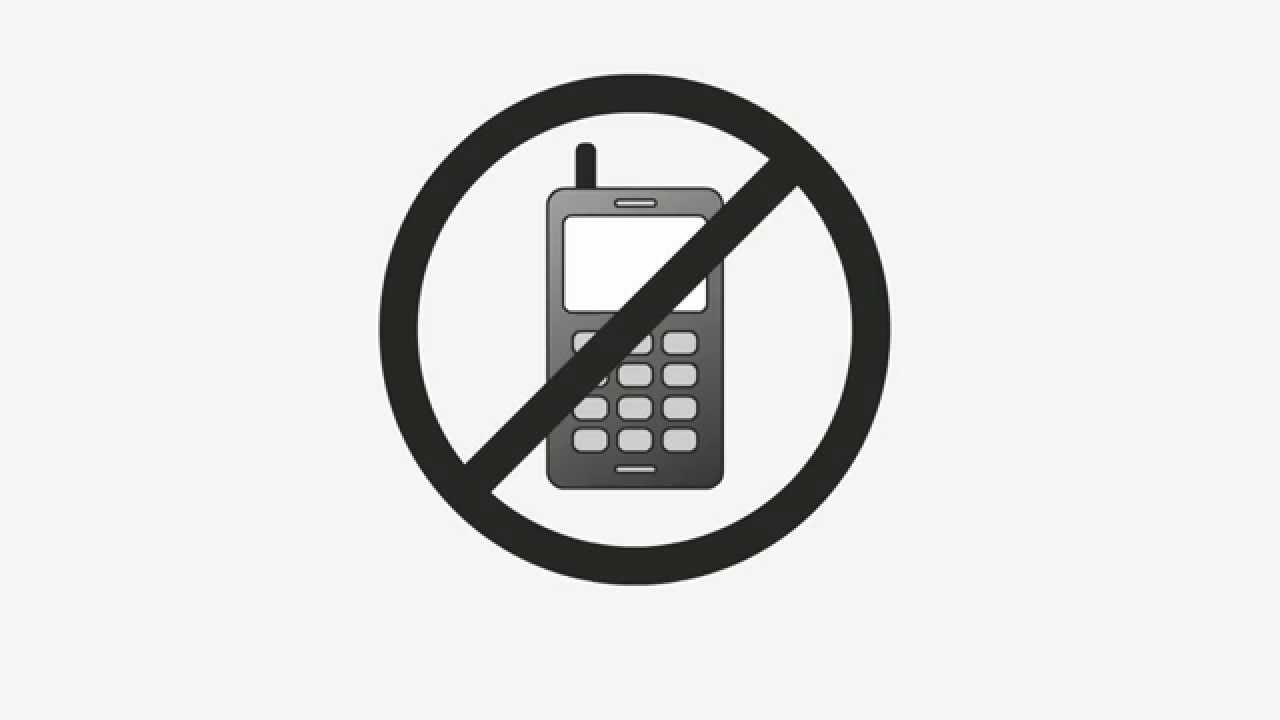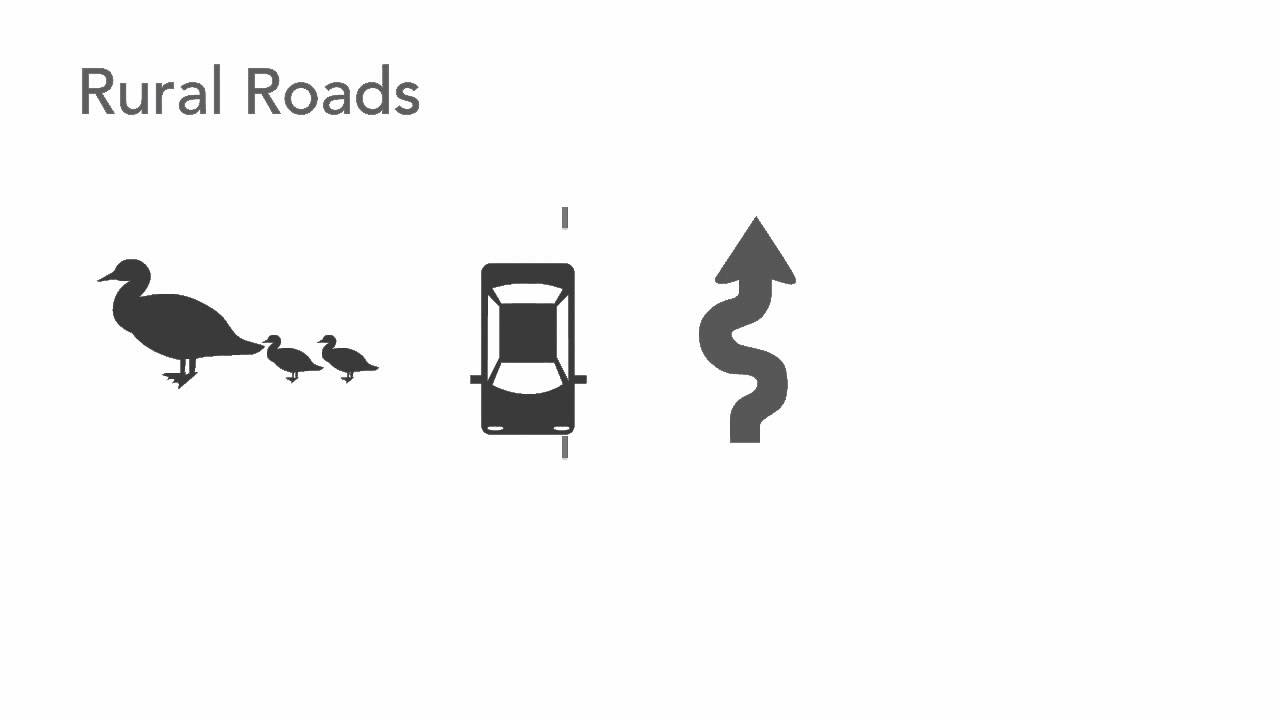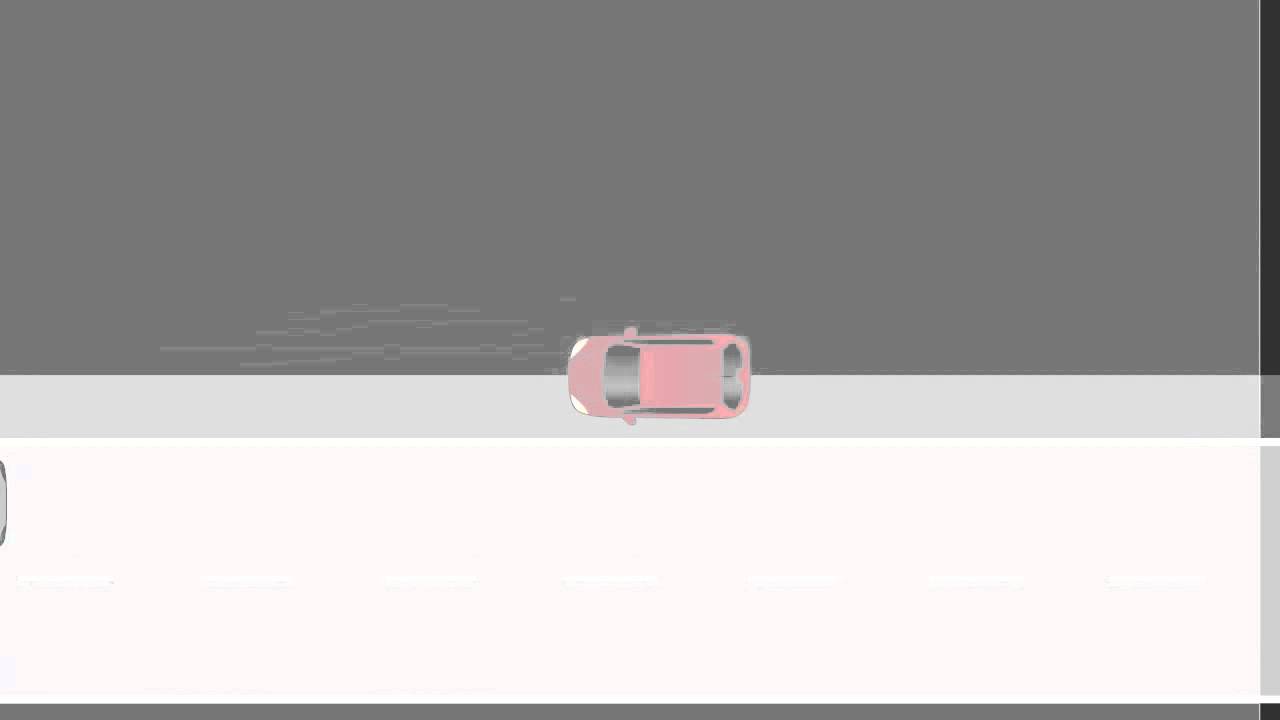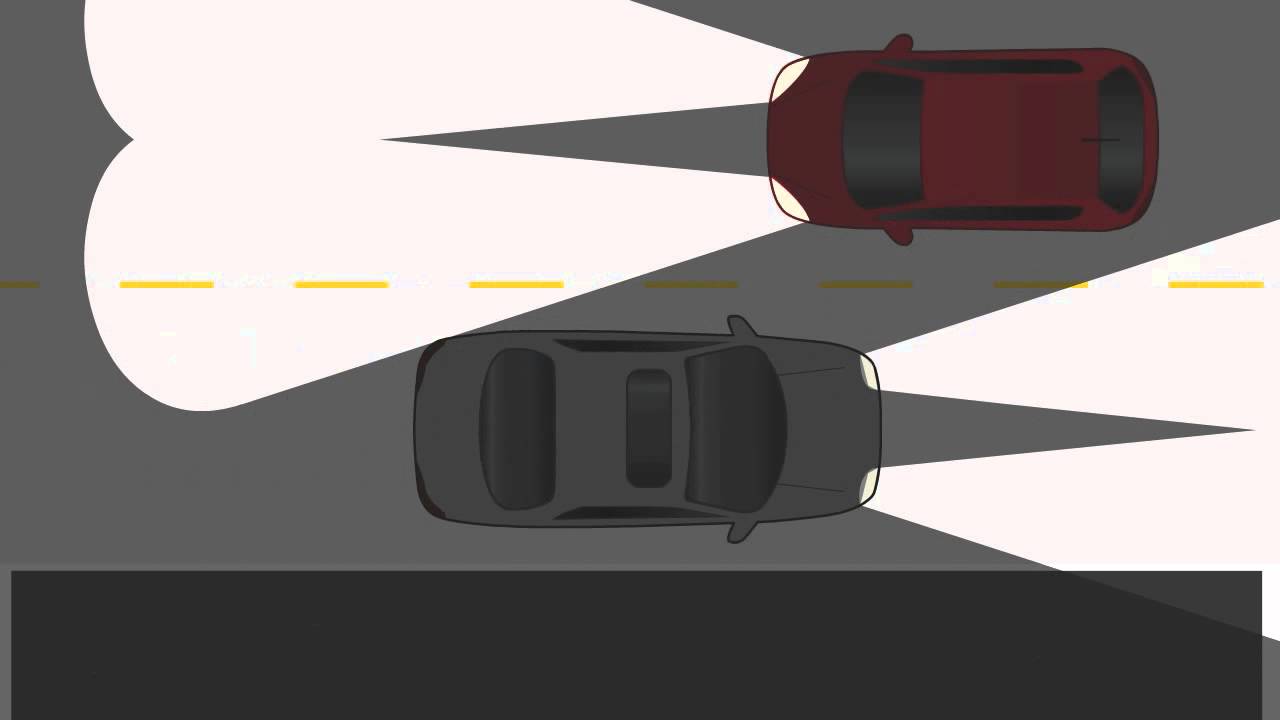Practice these additional challenging driving situations, including driving in heavy rain, on snowy, icy roads, and at night only after the learner has shown competence in completing the goals in the six environments during the day.
Driving in Inclement Weather
Goal:
Know how to adjust driving to bad weather conditions
Activity:
Visibility and traction are greatly reduced in inclement weather, so practice driving more slowly and leave extra space. Make sure the new driver knows that it is okay to seek alternate routes if feeling unsafe, or avoid driving altogether when the weather gets bad.
Common Error:
- May drive too fast for weather conditions
Sign Learner Gets It:
- Prepares the car before driving according to the conditions
What to Do in Emergencies
Goal:
Know how to be ready for the unexpected
Activity:
Discuss hypothetical emergencies and what the appropriate steps would be in each situation. The new driver should know what to do if lost on the road, the car breaks down or in an accident.
Common Errors:
- Lack of awareness
- Thinking it will never happen
Signs Learner Gets It:
- Knows how to deal with the most typical emergencies: flat tire, car failure, accident, or getting lost
- Keeps calm under pressure
Managing Distractions
Goal:
Know how to manage distractions while driving
Activity:
Ask the new driver to describe distractions and how to minimize them while driving. Be sure that this activity doesn’t become a distraction itself, or practice it outside of the car. Remember that distractions can be inside or outside of the car.
Common Error:
- Driver may identify distractions but have trouble eliminating them while driving
Sign Learner Gets It:
- Identifies distractions and actively minimizes them while driving
Potential Hazards in Each Environment
Goal:
Know the risks in each driving environment
Activity:
Discuss with the new driver the most common hazards in each of the environments. Remind the new driver to always be prepared for unexpected risks.
Common Errors:
- Lack of knowledge of the expected risks in each environment
- Not knowing how to react to risks by adjusting speed and space cushion
Sign Learner Gets It:
- Identifies and looks for all the typical risks in every environment and keeps eye out for others
Planning Routes & Following Directions
Goal:
Know how to navigate a route
Activity:
Go over some examples of traffic obstructions and ask how the new driver would react. The new driver should watch out for cues that may indicate disruptions in traffic, including brake lights, emergency lights, merge signs, lane closure signs, or detour signs.
Common Errors:
- May not realize the need to decrease speed at the appropriate time
- May not realize the need to merge or may try to race ahead of other cars
Signs Learner Gets It:
- Identifies changes in traffic and adjusts accordingly
- Is aware of how other drivers react to traffic disruptions
Driving at Night
Goal:
Know how to adjust driving to dark conditions
Activity:
Practice driving at night. New drivers may be surprised at how much visibility is reduced, especially when roads are wet. New drivers need to know when to turn on the headlights and when it is appropriate to use high beams.
Common Errors:
- May drive too fast for the conditions
- Has trouble identifying lane markings
Signs Learner Gets It:
- Drives at the appropriate speed for the road conditions
- Uses high beams appropriately
- Drives with correct lane placement at night
